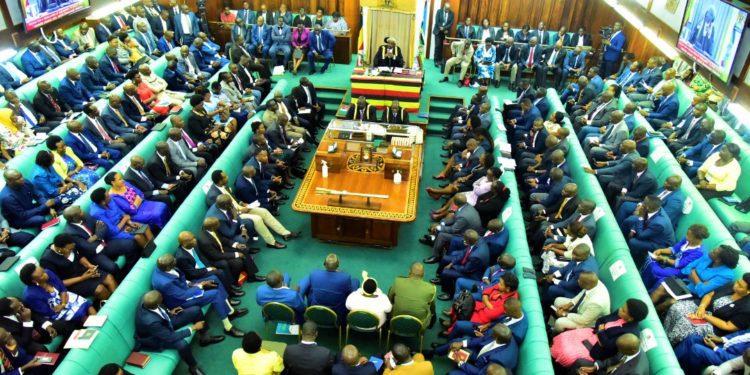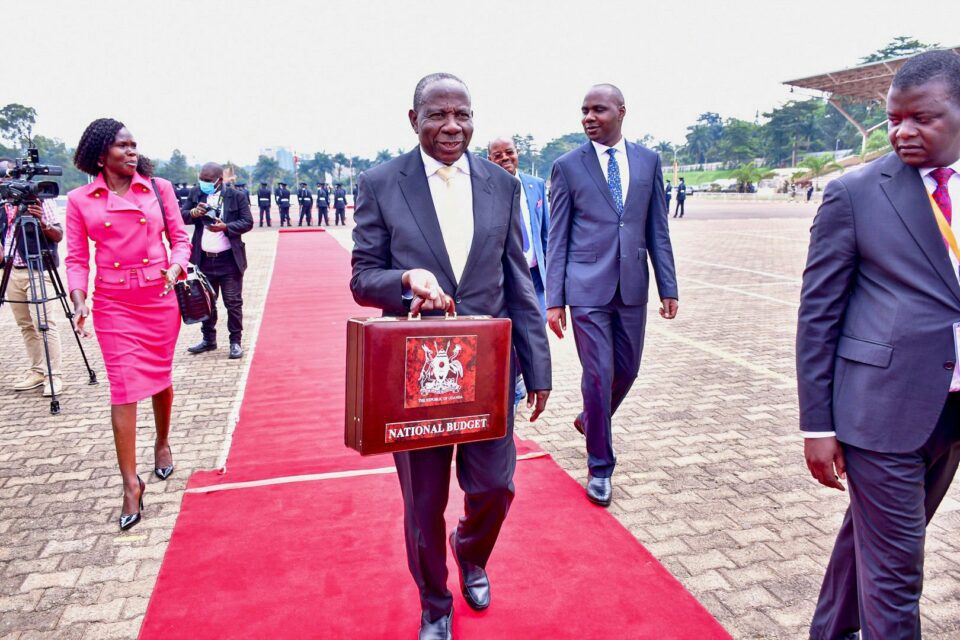In a surprising turn of events, it has been revealed that Uganda, a country that depends heavily on donations and help from other nations, is spending too much on its Government. The problem lies in the excessive number of officials, including members of parliament, district leaders like RDCs and RCCs, mayors, councilors, commissioners, executive directors, and ministers, along with their drivers.
Let’s break it down further – Uganda has a whopping 557 members of parliament. Each of these MPs earns a monthly salary of around 35,000,000 Ugandan Shillings (which is roughly $9,000 USD). On top of that, they also receive various allowances and benefits, such as housing, fuel, and medical insurance. The same goes for RDCs, RCCs, mayors, councilors, commissioners, executive directors, and ministers, who all earn hefty salaries and additional perks.

The big question here is whether all these positions are really necessary, and what impact they are having on Uganda’s finances. Ramathan Ngoobi, the Secretary to the Treasury and Permanent Secretary in the Finance Ministry, has raised concerns about the Government being too large and costing the country too much money.
To address this issue, President Museveni may need to consider trimming down the size of the Government by getting rid of redundant positions and reducing the number of unnecessary officials. By cutting back on the excess and making the Government leaner, Uganda could save a considerable amount of money that could be used more effectively for the benefit of the country.
As Uganda grapples with economic challenges and struggles to make ends meet, it is crucial to take action to rein in the spending on Government officials. A thorough review of the Government’s structure and size is needed to ensure that resources are managed efficiently and are directed towards the well-being of all Ugandans. It’s time to make some tough decisions to ensure a brighter and more sustainable future for Uganda.
Advertisement.




